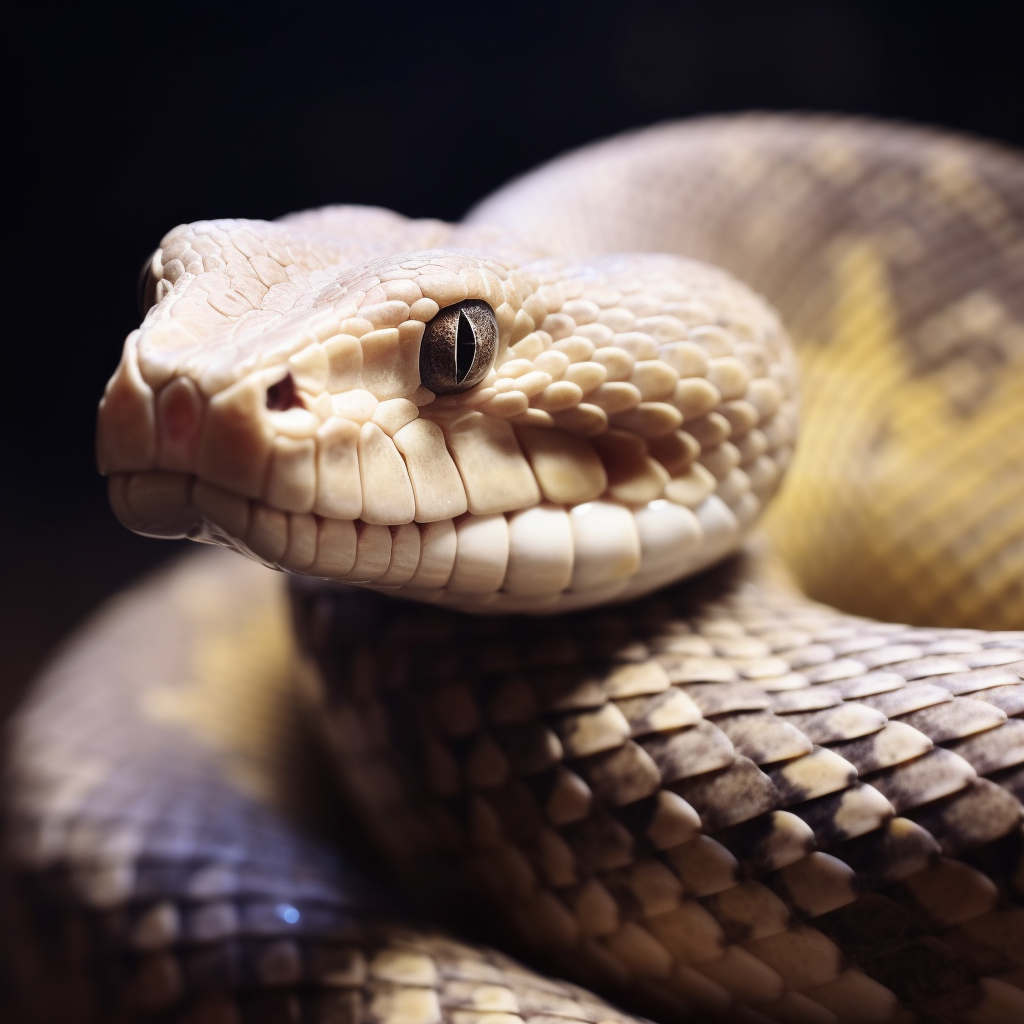April 10, 2024
Python Farming – An Unexpected Solution to Global Food Sustainability and Ecological Challenges
Book a Demo
Burmese pythons, an invasive species hailing from the exotic jungles of Southeast Asia, have become a menace in the Florida Everglades. In their new environment, these formidable predators are preying on local wildlife, irrevocably disrupting the local food chain, and causing significant ecological damage. Yet, despite their destructive presence, these pythons may be part of an unexpected solution to a worldwide problem: sustainable food production.
A growing body of research suggests that farming and consuming pythons could be a green food option. Unlike traditional livestock, pythons produce high protein, low-fat meat, and lower methane emissions. This could address concerns about the environmental impact and sustainability of conventional meat production, which contributes significantly to global warming.
However, python meat sourced from the Everglades is not considered safe for consumption due to mercury contamination. In contrast, pythons from farms in countries like Thailand and Vietnam are not only safe to eat but are also considered a delicacy.
In addition to their environmental benefits, pythons offer potential advantages over traditional livestock. They require less space and food and have the ability to hydrate through skin dew. Remarkably, they can even convert waste into food.
However, the prospect of commercial python farming is not without challenges. There are regulatory hurdles to overcome, risks of pythons escaping and wreaking havoc on local ecosystems, and not least, consumer reluctance towards consuming snake meat.
Dr. Daniel Natusch, who has eaten python meat prepared in various ways, claims that the taste is similar to chicken. Along with Dr. Patrick Aust, Natusch has been researching the viability of python farming as a sustainable alternative to traditional livestock. They propose farming pythons hatched from eggs on farms, pointing out the python’s ability to survive for long periods without water or food.
While commercial python farming might face resistance in western countries due to cultural taboos, it is more likely to find acceptance in parts of Africa and Asia, where eating snake meat is not uncommon. However, before python farming can be widely implemented, further examination of all aspects of farming pythons is necessary.
While pythons may be a problem in the Florida Everglades, they could also be an unexpected part of the solution to our global food and environmental challenges. As we continue to explore new avenues for sustainable food production, python farming presents a unique, albeit challenging, possibility.
Science4Data is committed to cut through greenwashing and measure real impact. Join the journey to a sustainable future. Your actions matter.



